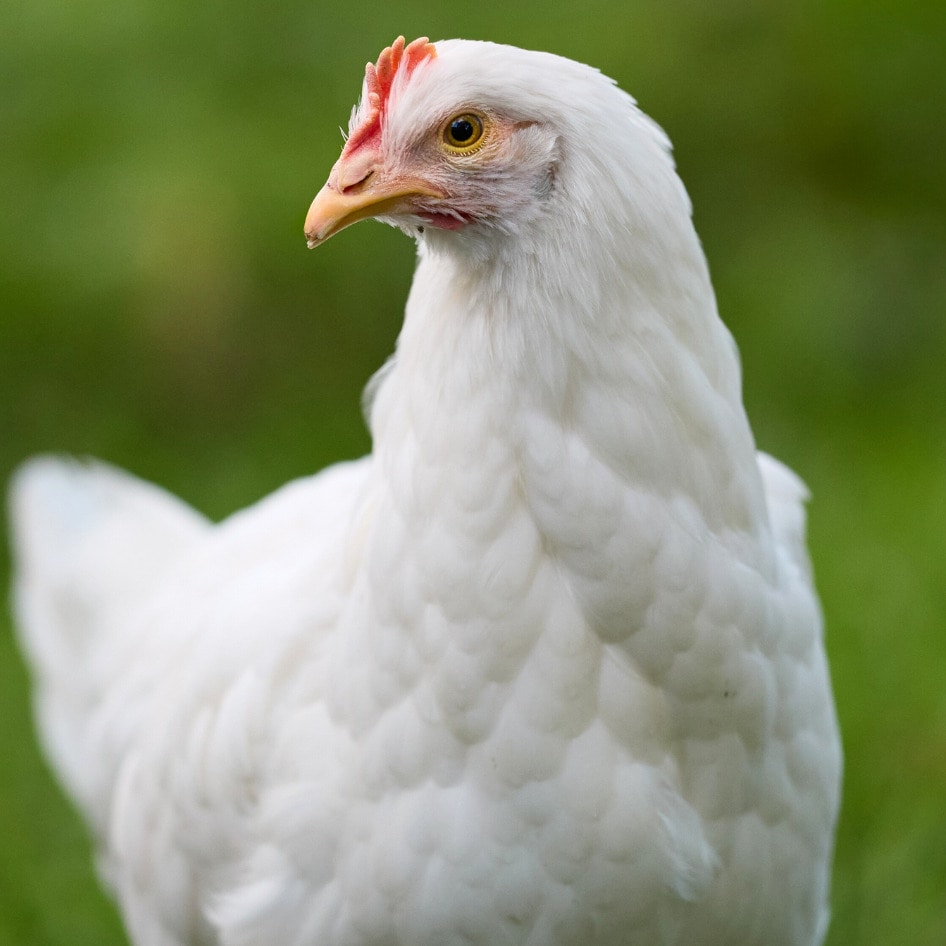Interview with Erica Meier on Lightlife Foods’ Vegan Line
This year’s off to an auspicious beginning as Lightlife Foods promises to go vegan(er).
January 10, 2009
The recent announcement that Lightlife Foods has committed to using 166,000 fewer eggs in its line and will be coming out with three new, completely vegan products this spring is some of the best news we’ve heard all year. While it’s easy to see producers of veg goods as faceless corporations, it’s important to realize the possibility for real change to take place. To find out exactly how these victories are won—and what each of us can do to help—VegNews chatted with Erica Meier, the executive director of Compassion Over Killing, who worked with Lightlife on this campaign.
VegNews: How long did you work with Lightlife on this effort?
Erica Meier: After we announced in December 2007 that Morningstar Farms committed to reducing its use of eggs, we immediately began reaching out to other companies, including Lightlife Foods, asking them to move in the same direction—decreasing their use of eggs and increasing their vegan options. Lightlife Foods was responsive from the get-go, and we maintained a positive relationship with the company throughout the year.
VN: Morningstar Farms similarly committed to using one million fewer eggs per year beginning in 2008. Is there hope that Lightlife will decide to make a similarly large reduction?
EM: Morningstar Farms offered far more items that included eggs than Lightlife, so Morningstar was in a position to decrease its egg usage by a greater amount. We’re thrilled that both companies have committed to reducing their use of eggs while also introducing three new vegan products this spring. This is a very positive movement, and we hope to see even greater reductions in egg usage in the future, as more egg-free items enter the marketplace.
VN: What is the most effective way for consumers—aside from not buying animal products—to convince companies to offer more vegan options?
EM: Vegans should regularly contact companies and ask them to stop using eggs and other animal products. Few people ever take the time to contact companies with courteous suggestions for improvement, so those of us who do have a far greater impact than most consumers. It’s good to be vegan, but it’s even better to be an effective vegan activist.
VN: Are veg companies moving more toward veganism than they have in the past?
EM: The more [that we] vegans represent ourselves in a positive and mainstream fashion, the faster that transition will take place. In the last few decades, we’ve already seen vegan eating make significant movement from the margins closer into the mainstream. Just look at the increased availability of meat-free items in grocery stores everywhere, or even the fact that cultural icons such as Oprah and Ellen are helping to make vegan eating more societally acceptable and normal. Thanks in part to the increasing media spotlight on factory-farming cruelties, in the next decade, we’re going to see vegan eating continue to rise. In order to broaden the marketability of their foods, companies like Lightlife Foods and Morningstar Farms are—and will need to continue—shifting their vegetarian product lines to vegan.
VN: Can you approximate how many hens this reduction will affect?
EM: It’s tough to put an exact number on it, because the ripple effects of these types of victories are difficult to tangibly measure, but more than 500 fewer hens will be exploited as a result of this one decision by Lightlife alone.
JUMP TO ... Latest News | Recipes | Guides | Health | Subscribe







